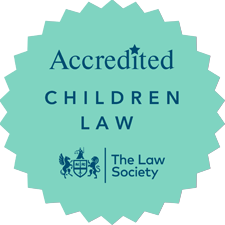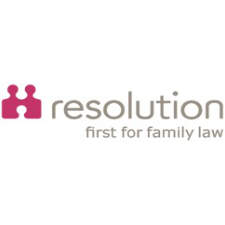The Human Fertilisation and Embryology Act 2008 set out who under English Law are the legal parents of a child which is born after sperm donation or artificial insemination or other fertility treatment.
Where a woman is in a same sex civil partnership at the time of the child’s birth, or subsequently enters into a civil partnership with her, and the agreed female parenthood conditions are met giving her status of a parent she will share parental responsibility for the child with the mother. However, this only stands if the child was conceived on or after 6th April 2009 after implementation of HFEA 2008. A child conceived before this date does not automatically grant the spouse parental responsibility.
The spouse may acquire parental responsibility by:
• Being registered as the other parent on the child’s birth certificate.
• Entering into a parental responsibility agreement with the child’s mother.
• Applying to the court for an order for parental responsibility.
• Being named in a child arrangements order as a person with whom the child is to live, in which case the court must also grant her parental responsibility.
• Being named in a child arrangements order a person whom the child is to spend time or have contact, if the court decides that it is appropriate for her to have parental responsibility.
The procedures for entering into a parental responsibility agreement with the mother, and for applying to the court for an order for parental responsibility are exactly the same as those that apply to an unmarried father.
Under the aforementioned Act, the birth mother of a child born through a surrogacy arrangement is always considered the legal parent until this is changed by the Court; even if an egg donor has been used, and the surrogate mother is genetically unrelated to the child.
Where a male is in a same sex civil partnership at the time of a child’s birth, having used a surrogate, the surrogate will be named on the birth certificate as the child’s mother, if she is married or in a civil partnership her partner or husband will automatically be considered the child’s other legal parent. In these circumstances a Parental Order is required to confer full parental rights upon the intended parents and extinguish those of the surrogate. A Parental Order is made by the Court and can only be made with the consent of the surrogate mother and her partner. Once an Order is granted, the birth certificate will be reissued with the intended parent’s names.
For more information and advice regarding parental responsibility and to speak to one of our specialist solicitors within the family department at Johnson Astills, please do not hesitate to call us on 0116 255 4855.








